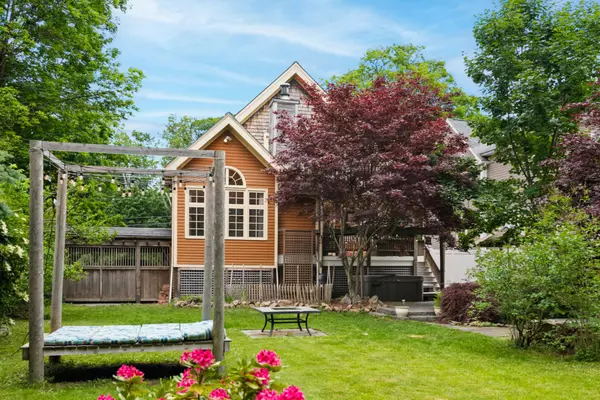
Why the Economy Won’t Tank the Housing Market
If you're worried about a coming recession, you're not alone. Over the past couple of years, there's been a lot of recession talk. And many people worry if we do have one, it would cause the unemployment rate to skyrocket. Some even fear that a spike in unemployment would lead to a rash of foreclosu

People Are Still Moving, Even with Today’s Affordability Challenges
If you're thinking about buying or selling a home, you might have heard that it's tough right now because mortgage rates are higher than they've been over the past few years, and home prices are rising. That much is true. Take a look at the graph below. It breaks down how the current affordability s

Maximizing Your Property: The Compact Guide to Accessory Dwelling Units (ADUs)
The Advantages of Accessory Dwelling Units (ADUs) Introduction: As housing costs climb, Accessory Dwelling Units (ADUs) present a clever way for homeowners to make the most out of their property. ADUs are secondary residences on a single lot, offering independence and complete facilities. Let's tak

Buying And Selling Your Home At The Same Time?
Buying and selling a home simultaneously in a market with low inventory can be more challenging, as it often creates a highly competitive environment for buyers and sellers. However, with careful planning and the right approach, it is still possible to navigate the process successfully. Here are so
Categories
Recent Posts










